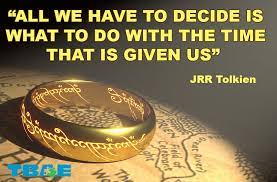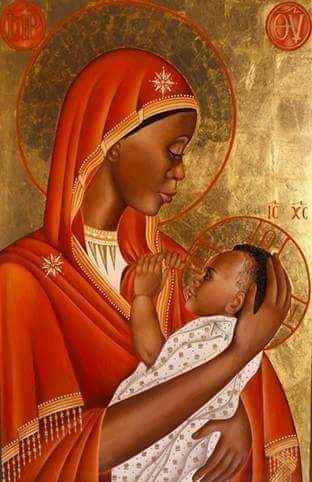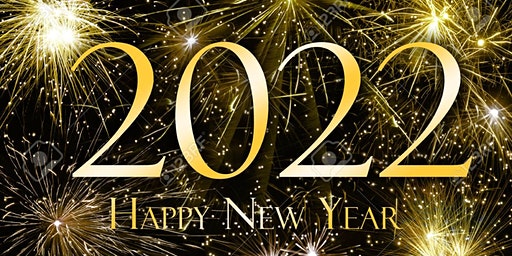 St Alban’s Episcopal Church Bolivar, Missouri Friday, December 31, 2021 New Year’s Eve – in Christmastide Watch Night Why do we make resolutions, anyway? We know that we probably won’t really keep them, but that doesn’t seem to erase our sense that we ought to take at least one day to evaluate our lives, and re-direct our focus and try to keep to that new way. Of course we have many opportunities to do that throughout the year – Advent – Lent – every day, for that matter. But New Year’s is a common festival, almost the only one that is universally celebrated across religions, cultures and history. So it is natural to join other people in reflection and resolution-making. Is it worthwhile, though? It can be, if we keep those resolutions simple and focused. For us who are Christians, New Year’s comes in the middle of our Christmas celebration. So whatever we resolve might well arise from our understanding of this extended feast of the Incarnation. What does it invite? G K Chesterton wrote: “The object of a New Year is not that we should have a new year. It is that we should have a new soul and a new nose; new feet, a new backbone, new ears, and new eyes. Unless a particular man made New Year’s resolutions, he would make no resolutions. Unless a man starts afresh about things he will certainly do nothing effective.”   What is Watch Night? The first watch night services began with the Moravians in 1733; John Wesley began incorporating such services in his own prayer services by 1740. The original intention was to pray, to pause and “watch” over the state of one’s soul, and also to prepare, to “watch” for the unexpected coming of the Lord Jesus. Many churches began to hold similar services on New Year’s Eve, to welcome the New Year with prayers and praise, sometimes with repentance for the failings in the past year. In December, 1862, slaves across the south, who had heard that the Emancipation Declaration would become law on January 1, 1863 held services, in homes and churches, where they “watched” for their freedom to come. It has become a traditional service in Black churches, where reflection and prayer celebrate that day. Remember that for Jews, the Passover is a similar celebration of freedom from slavery. Freedom and salvation are the same word in Marathi, a language of India. And that makes sense. One of the troubling realities with which we live is that almost all the slave holders were avowed Christians. Obviously, they weren’t celebrating their slaves’ emancipation. It is part of the messiness of human life that often those who should know the equal value of every human being, don’t – even when they name the name of Jesus. We want to remember it. We want to tell the story of Watch Night – and we want to remember that whenever slaves are freed, slave owners have the possibility of being freed too. Let’s rejoice and refuse to be afraid of our own history. God is going to make it all right for all of us – that is exactly what God came to do – to set us all free from whatever binds us. That is salvation.  |

Categories:
Tags:
No responses yet